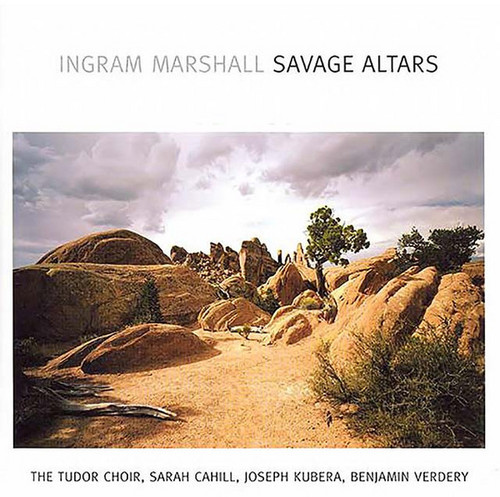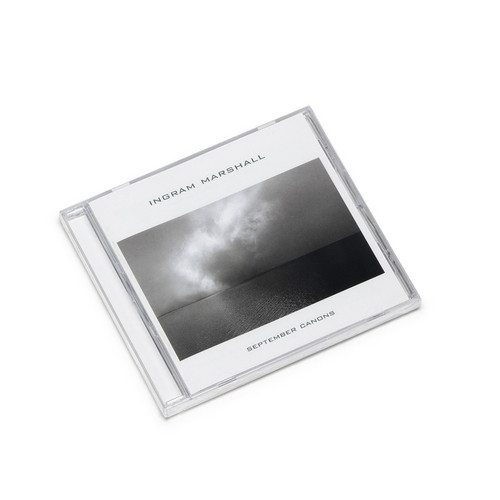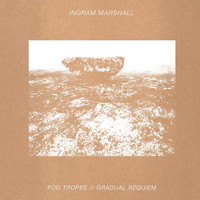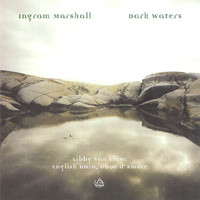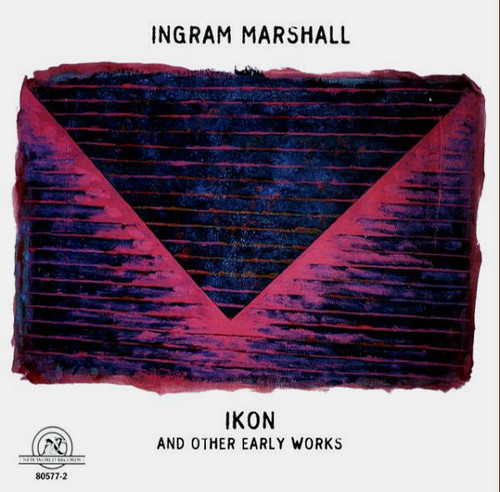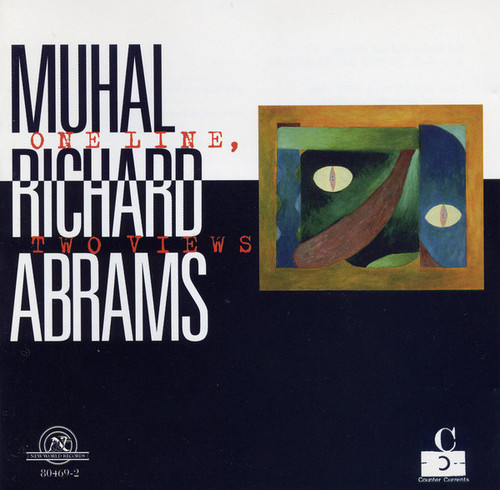Ingram Marshall
Ingram Marshall (born May 10, 1942 in Mount Vernon, New York) is an American composer and a former student of Vladimir Ussachevsky and Morton Subotnick. Marshall’s early work is primarily electronic, but by 1971 he had taken a substantial interest in Indonesian music and began to study the gamelan traditions of Bali and Java.
In the mid-1970s, Marshall worked to combine his eclectic interests into a unique and memorable sound, sometimes layering electronic tones with the sounds of the Balinese flute, other times incorporating “text sound” in the form of the manipulated human voice. Since 1985, his main focus has been ensemble music that sometimes incorporates electronic sounds and sometimes does not.
Ingram Marshall (born May 10, 1942 in Mount Vernon, New York) is an American composer and a former student of Vladimir Ussachevsky and Morton Subotnick. Marshall’s early work is primarily electronic, but by 1971 he had taken a substantial interest in Indonesian music and began to study the gamelan traditions of Bali and Java.
In the mid-1970s, Marshall worked to combine his eclectic interests into a unique and memorable sound, sometimes layering electronic tones with the sounds of the Balinese flute, other times incorporating “text sound” in the form of the manipulated human voice. Since 1985, his main focus has been ensemble music that sometimes incorporates electronic sounds and sometimes does not.
